Mountain Uhud
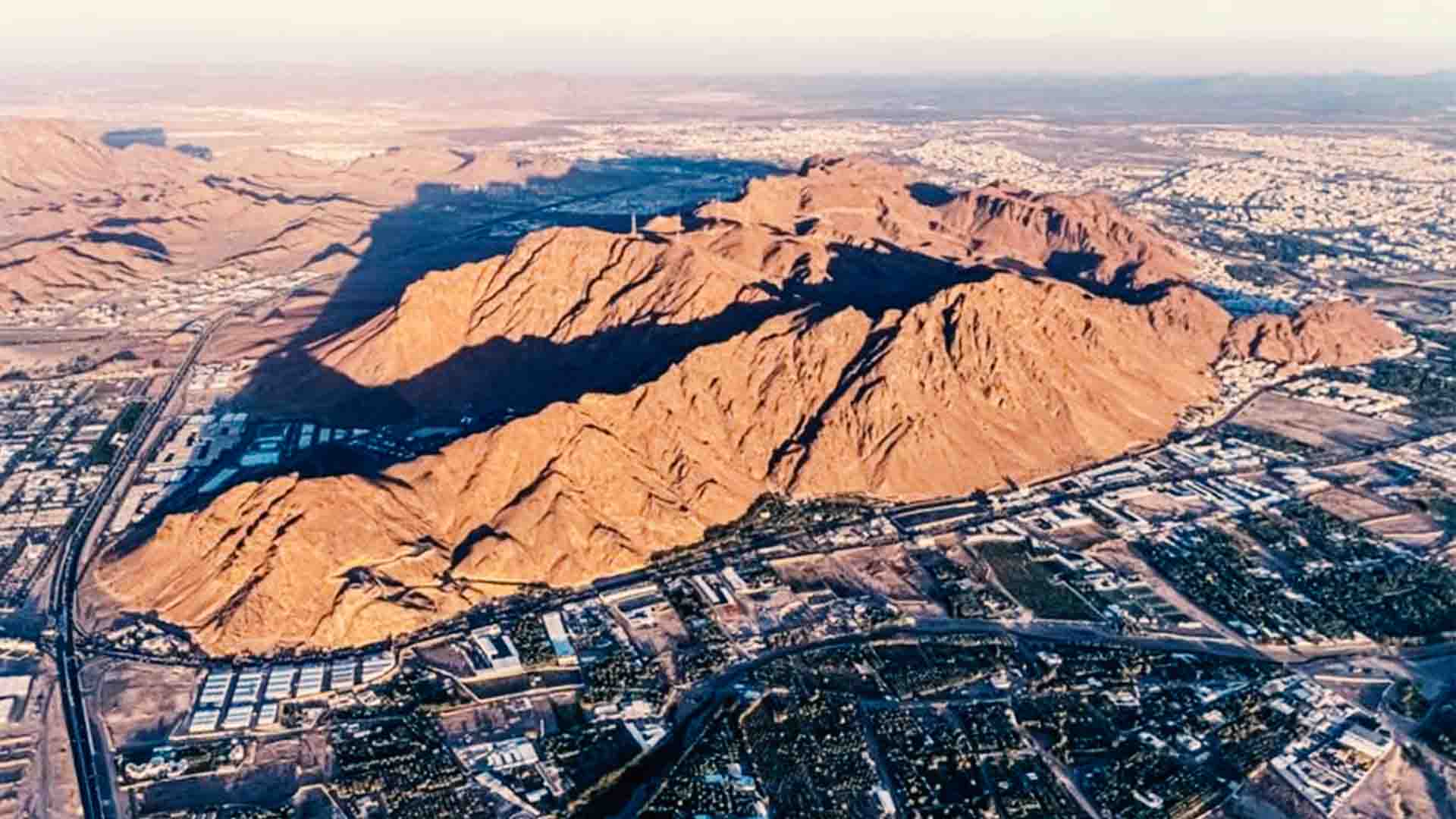
Mount Uhud gained historical significance through the pivotal Battle of Uhud in 625 CE, a major conflict between the early Muslim community and their adversaries. Despite encountering challenges, the battle showcased the resilience and bravery of the Muslim forces. Prophet Muhammad (peace be upon him) played a central role in this battle, strategically stationing archers on the mountain to protect the rear of the Muslim army as instructed.
Mount Uhud is often cited for the valuable lessons it teaches about discipline, adherence to guidance, and the repercussions of disobedience. The Prophet’s instructions and the subsequent events on the mountain serve as a source of reflection for Muslims on matters of faith and obedience to divine commands.
The Uhud Martyrs’ Cemetery
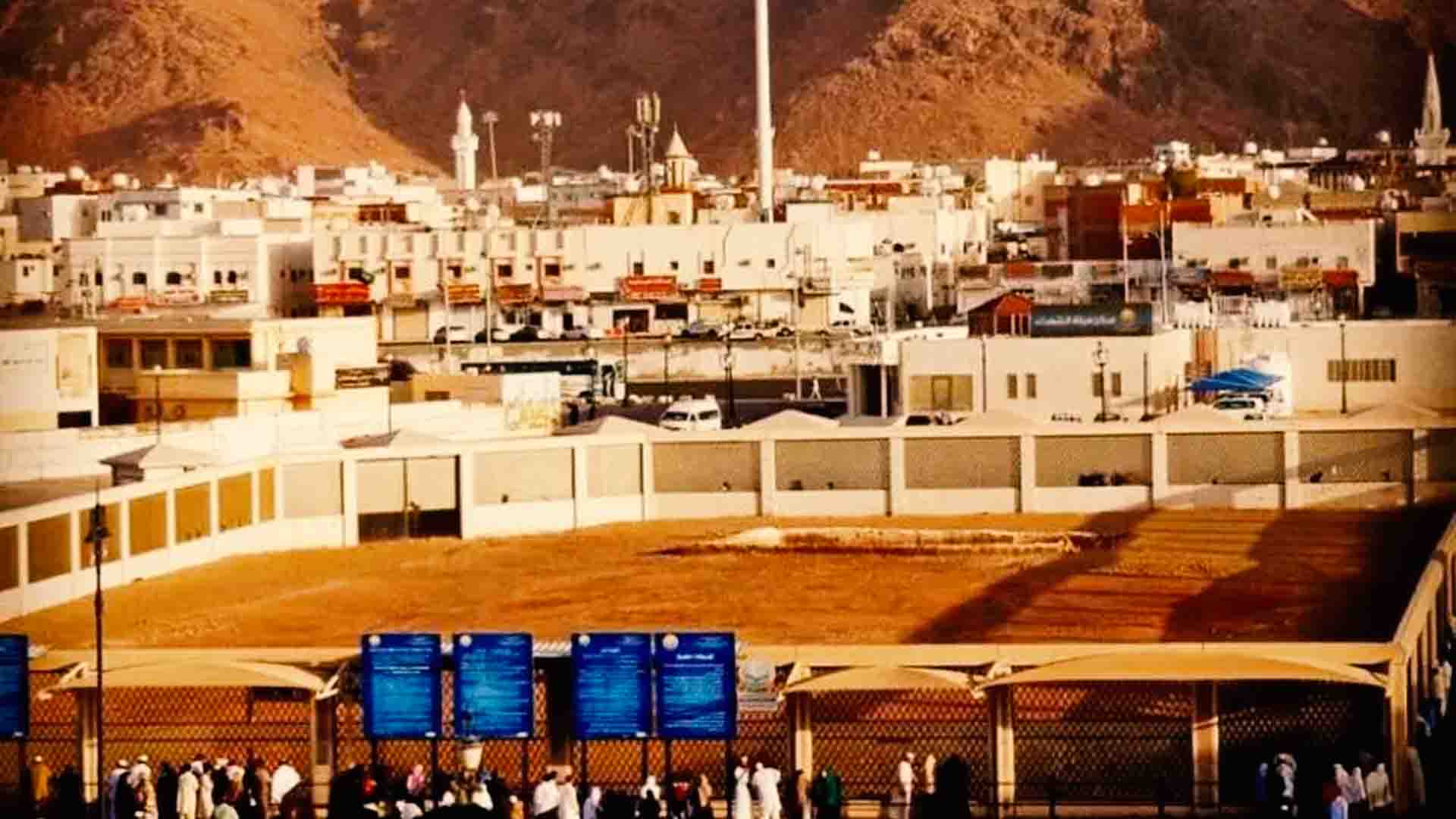
The Uhud Cemetery, situated near the Battle of Uhud site in Madinah, is the final resting place of over seventy martyrs, including Hamza ibn Abdul-Muttalib, Prophet Muhammad’s (PBUH) uncle. These martyrs died in the 625 CE battle between the Muslims and the Quraysh, embodying the sacrifices made for the faith.
The cemetery serves as a place of reflection, reminding visitors of the bravery and endurance of the early Muslim community. It offers an opportunity to honor the martyrs and reflect on the challenges faced by Prophet Muhammad (PBUH) and his companions.
Mountain Rumah
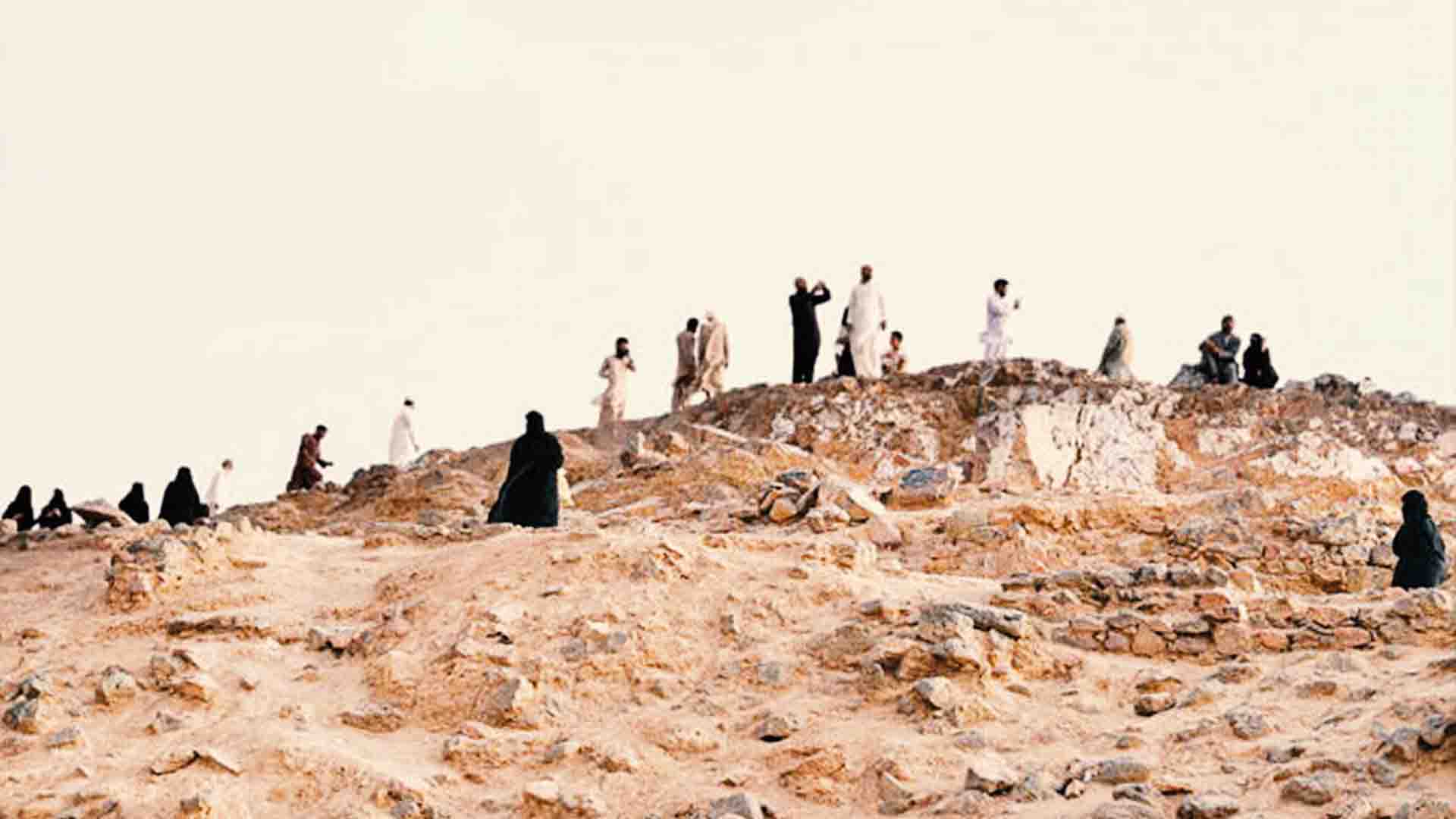
Rumah Mountain, situated near Mount Uhud in Madinah, holds great historical significance and is frequently visited by tourists. Its connection to the Battle of Uhud, which took place in the third year of the Islamic calendar, enhances its historical appeal. During this battle, Prophet Muhammad strategically positioned archers on Rumah Mountain to defend against an army led by the Quraysh tribe.
Over 70 companions of the Prophet, including his uncle Hamzah bin Abdul-Muttalib, lost their lives and were buried at the base of Rumah Mountain. Today, visitors, including Muslims, pay respects to the graves of the fallen companions and ascend the mountain to reflect on the historic battlefield.
Masjid e Qiblatayn
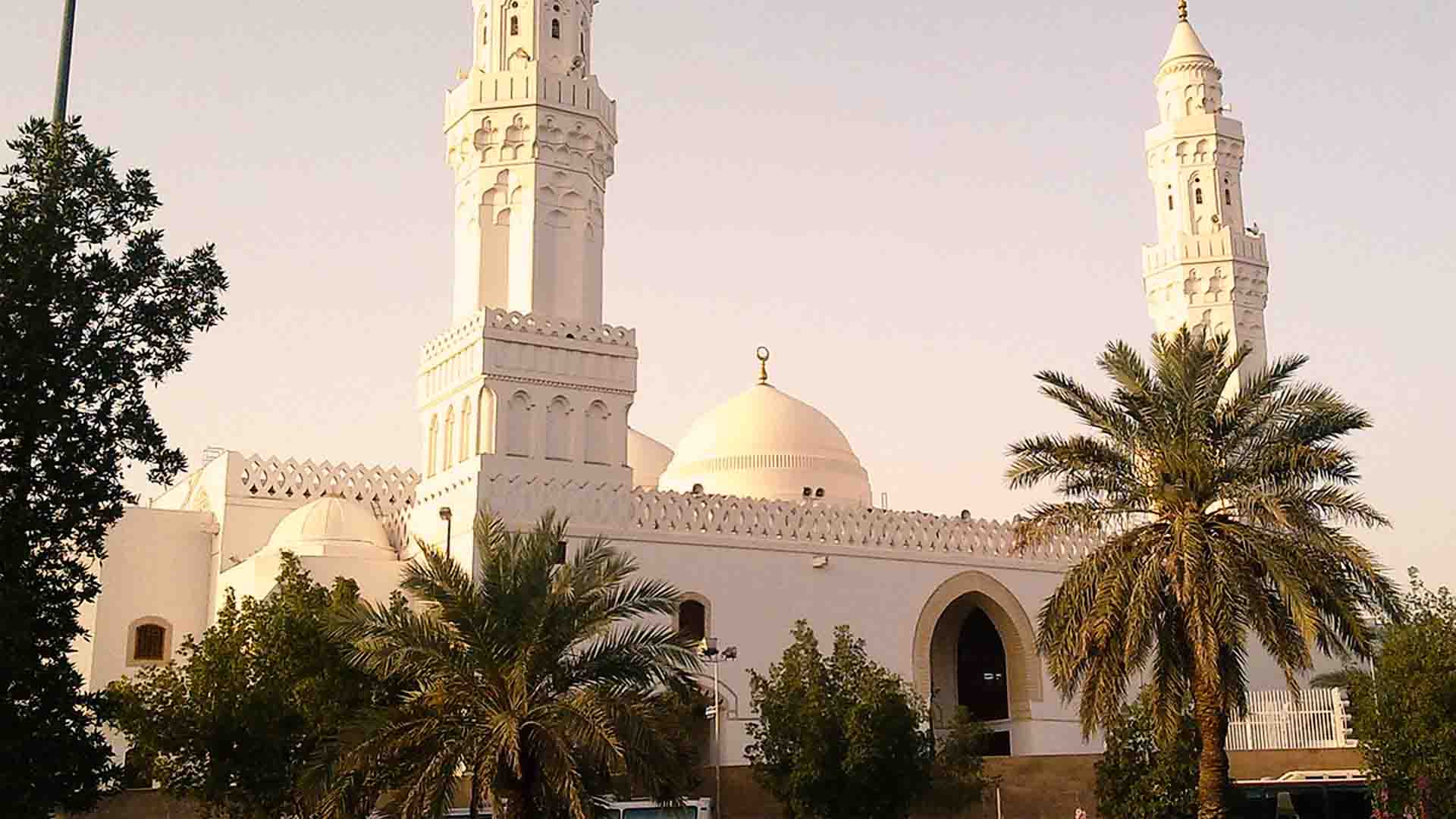
The mosque acquired its name because, during a prayer led by Prophet Muhammad, the Qibla’s direction (the direction Muslims face during prayers) shifted from Jerusalem to Makkah. This event represents a significant moment in Islamic history, demonstrating the adaptability of Islamic practices and the Prophet’s obedience to divine guidance.
Khandaq Battle Field

The Khandaq Battlefield, also known as the Battle of the Trench, occurred in 627 CE as a strategic defensive effort by the early Muslim community in Medina. Under the leadership of Prophet Muhammad, the Muslims dug a trench around the city to defend it from an alliance of pagan and Jewish tribes. This battle showcased the unity and cooperation among the diverse Muslim community.
Saba Masajid
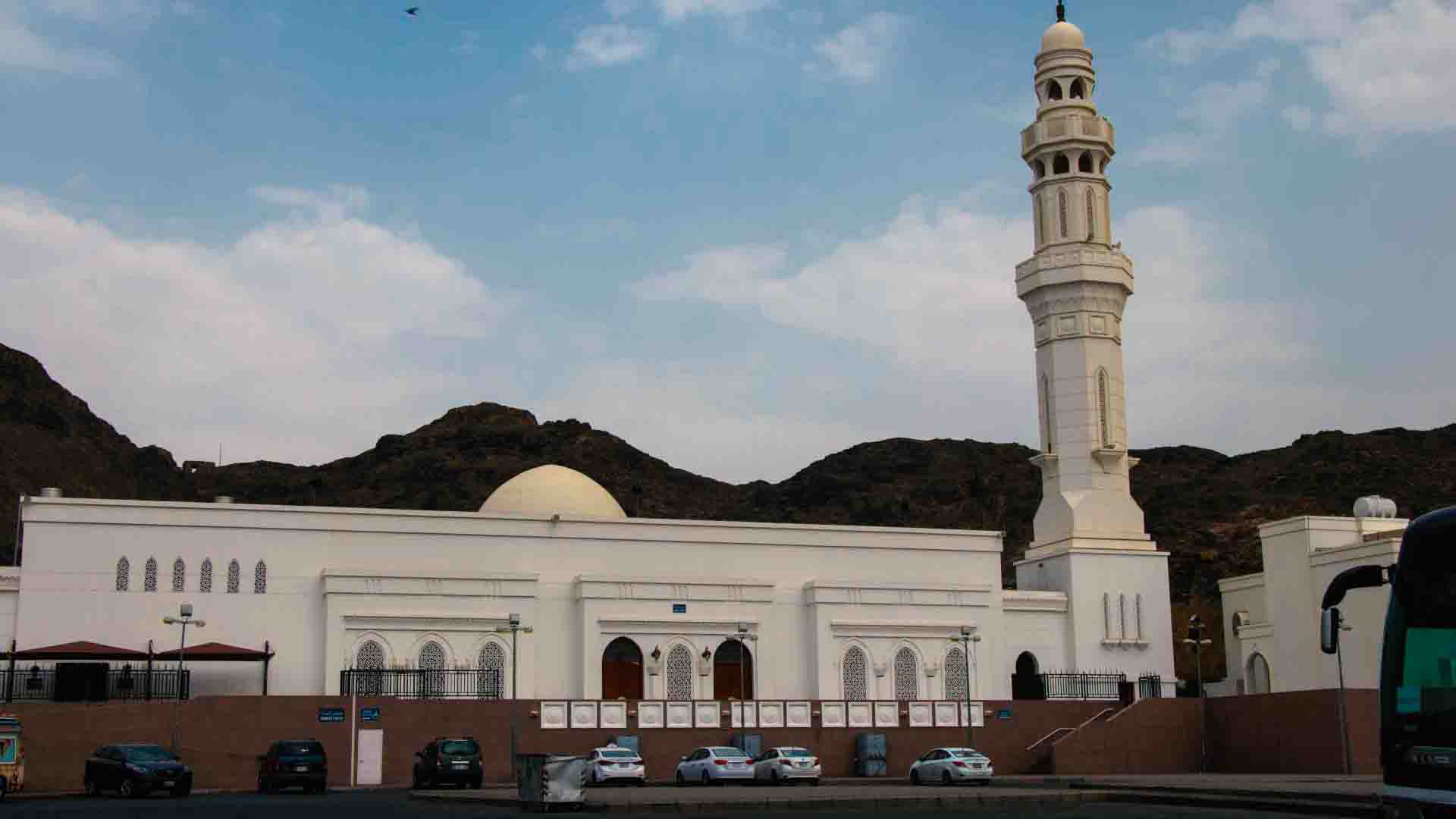
The Saba Masjid, also known as the Seven Masjids, is a cluster of small, historic masjids located on the western side of Sala’ Mountain in the revered city of Medina. These masjids are positioned near a section of the trench that Muslims dug during the Battle of the Trench (Khandaq) in the time of Prophet Muhammad.
Masjid E Jummah
Masjid Al Jummah is a significant architectural landmark in Islamic history, marking the moment when Prophet Muhammad led the inaugural Jummah prayer. Today, Muslims from around the world gather at this monument to participate in prayers.
Masjid E Quba
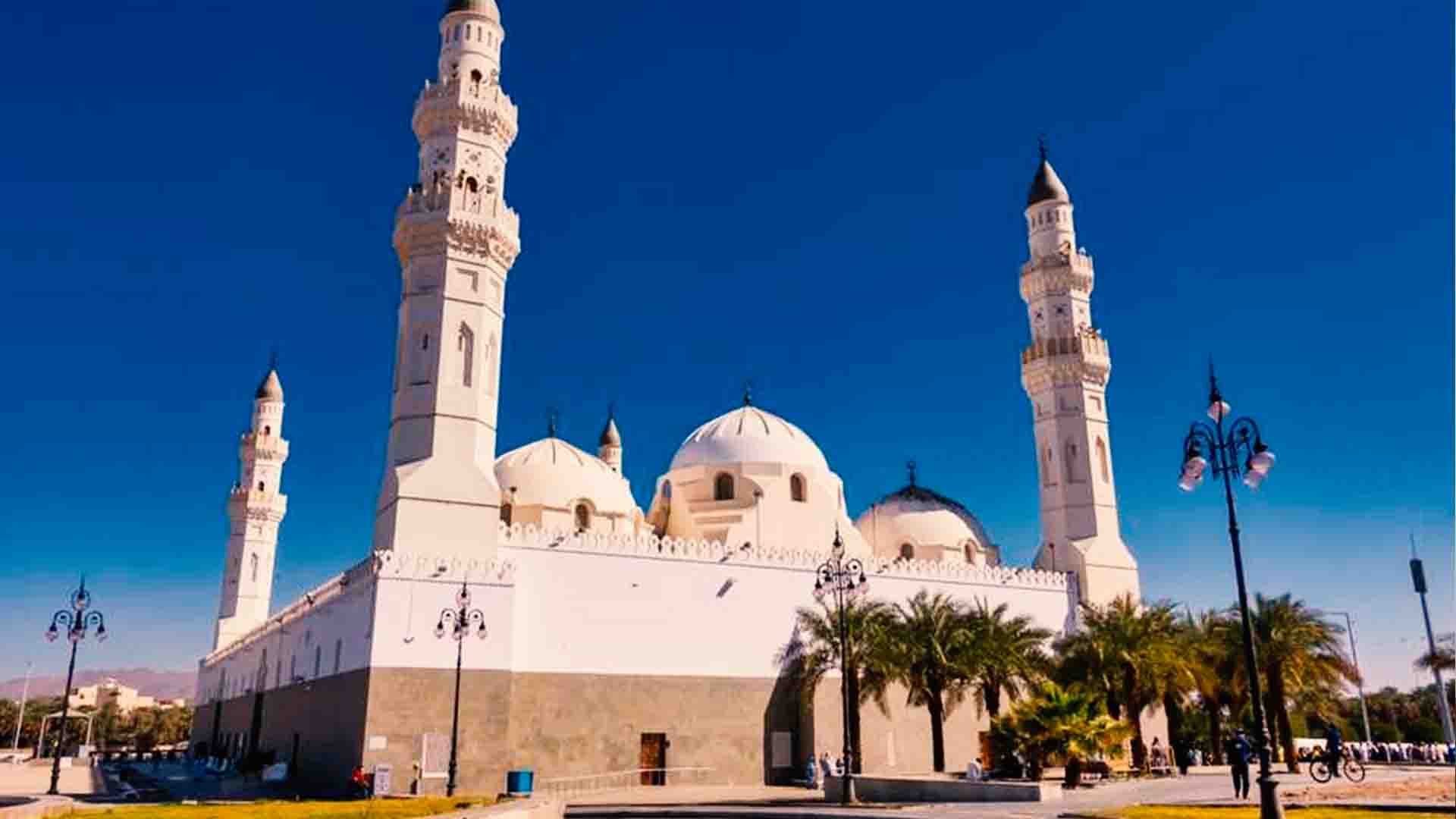
As the second-largest mosque, Masjid Quba holds great significance in the hearts of millions of Muslims worldwide. This sacred mosque is believed to bestow blessings equivalent to an Umrah. Beyond this spiritual aspect, Masjid Quba holds unique historical importance as the first mosque ever built in Islamic history.
Garden Salman Farsi (RA)
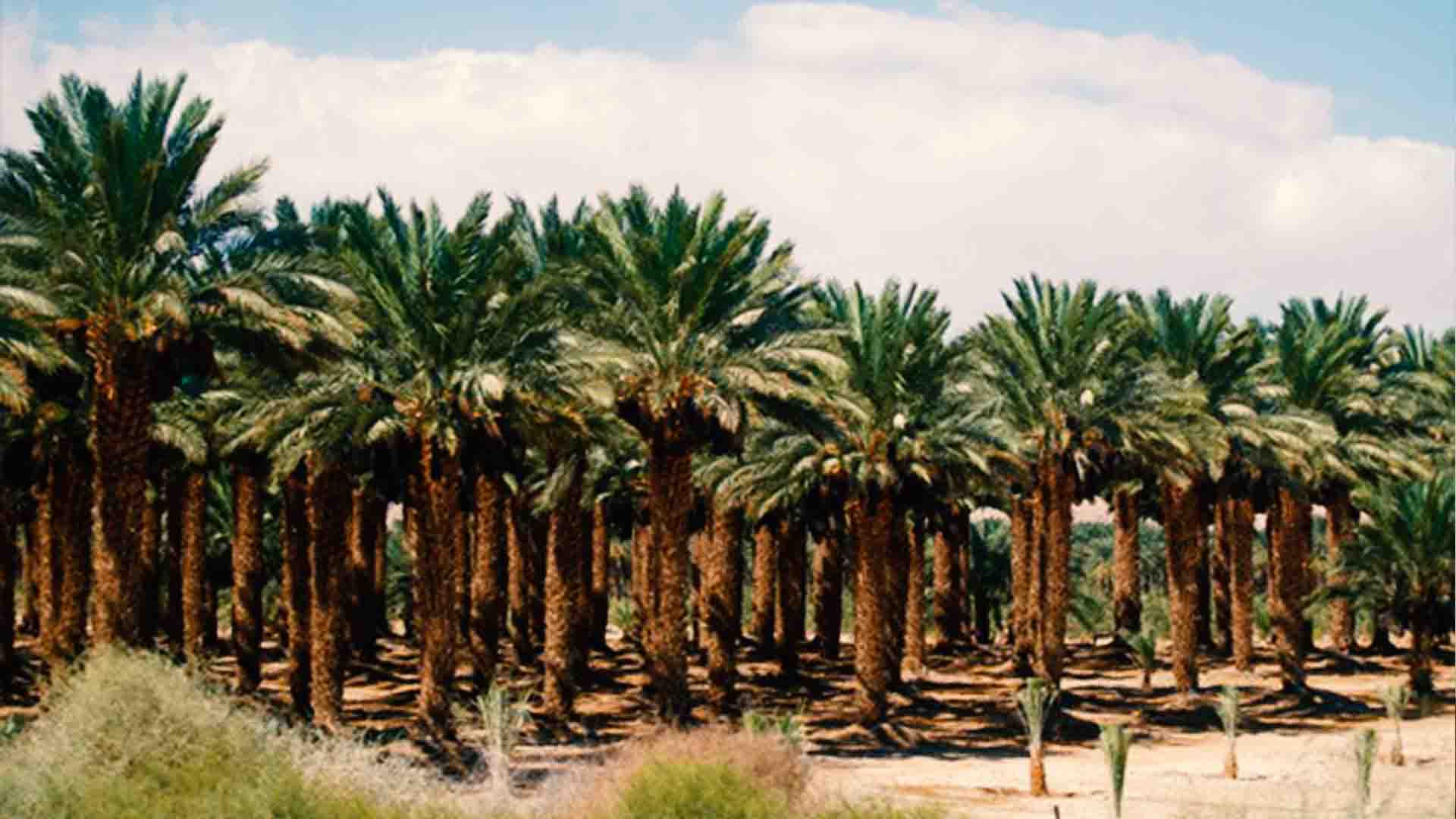
Salman Al Farsi’s Garden holds great historical significance in Madinah, Saudi Arabia. Legend has it that Prophet Muhammad himself planted 300 date palms here to secure the freedom of his companion Salman Al Farsi.
Ghars Well

The Ghars Well, located in Madinah, is a well of great historical importance as it provided water during the Battle of Uhud. It is now a revered site for visitors who reflect on its significance in Islamic history.
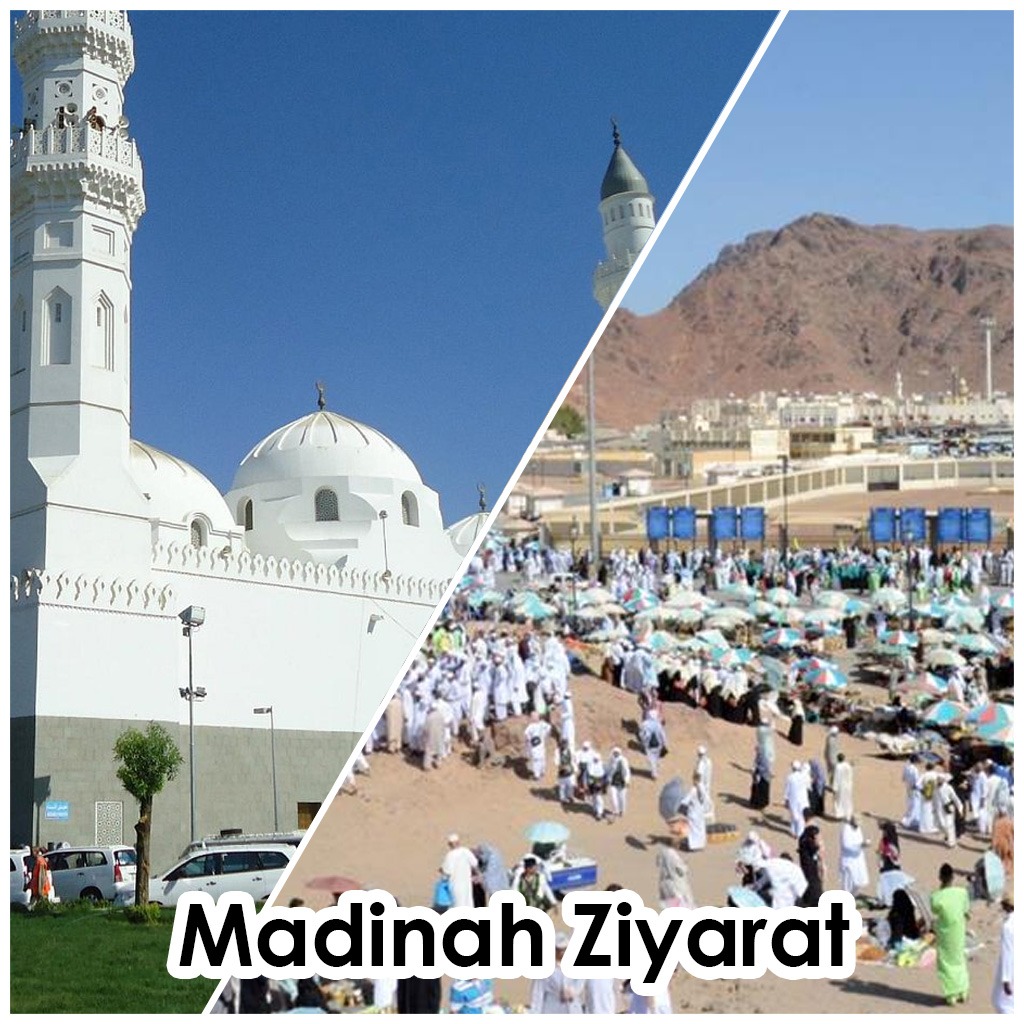
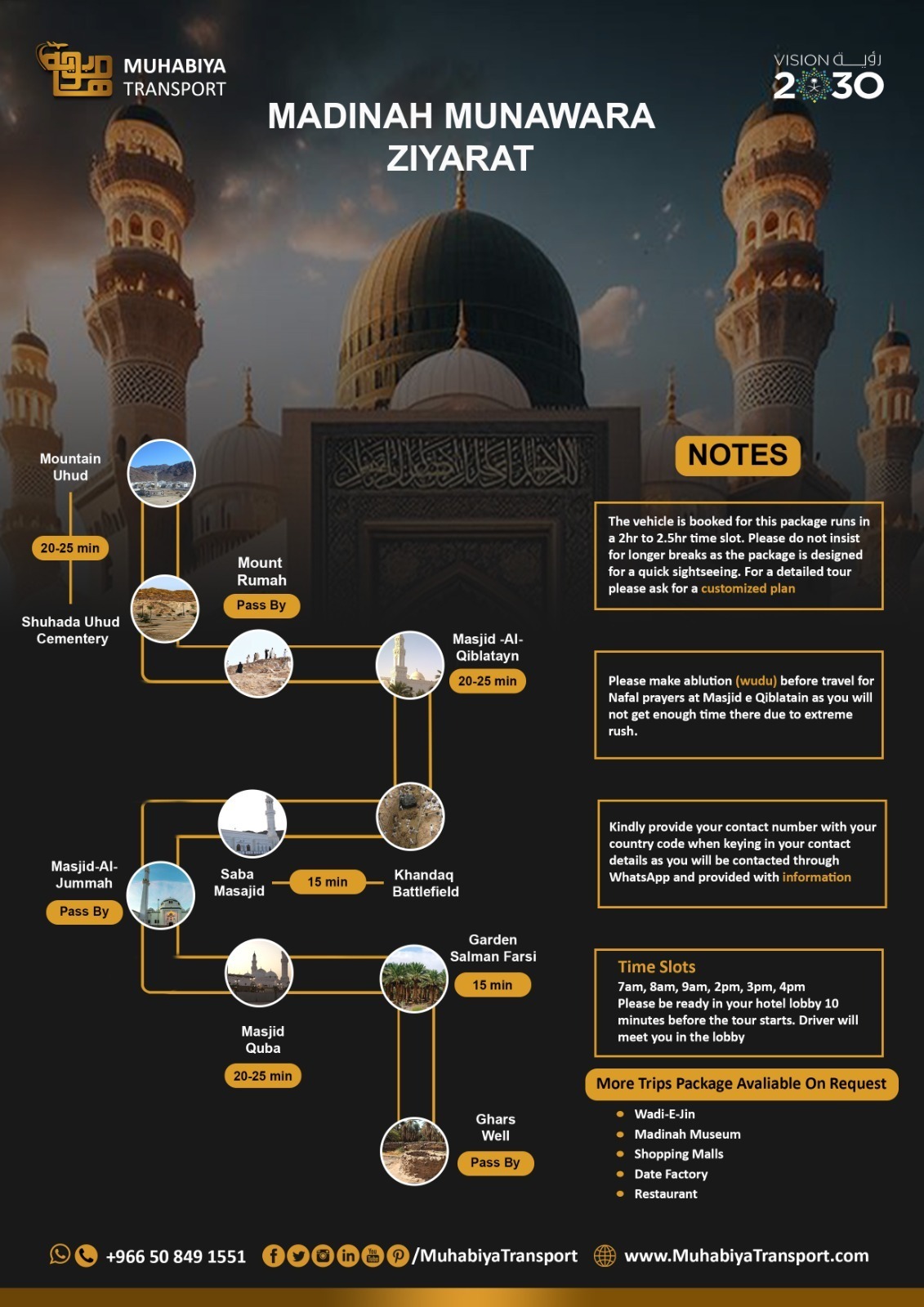
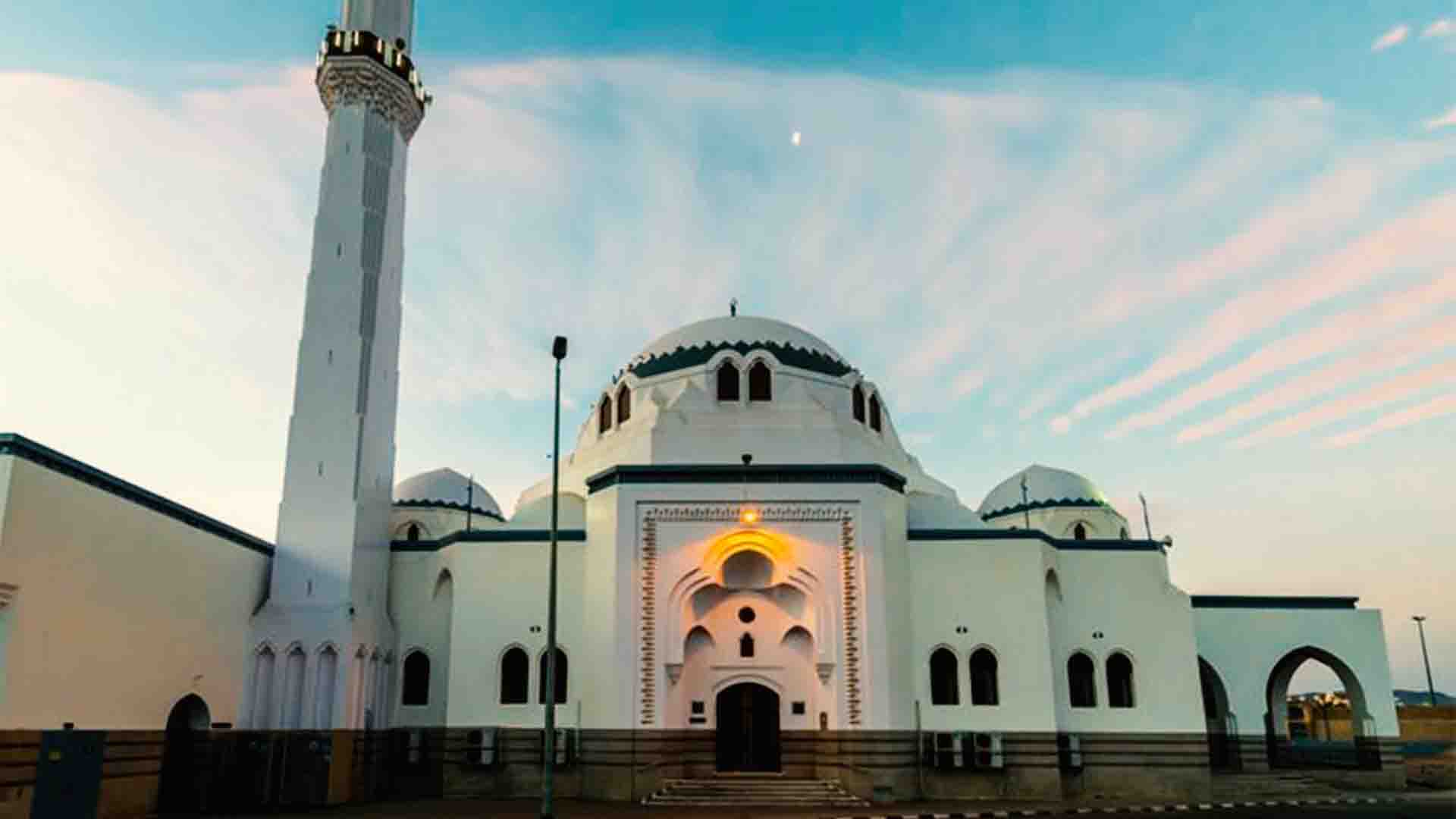
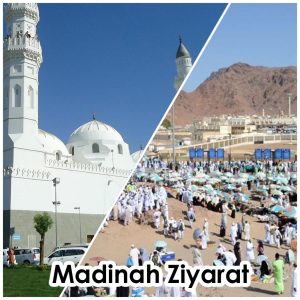
Reviews
There are no reviews yet.